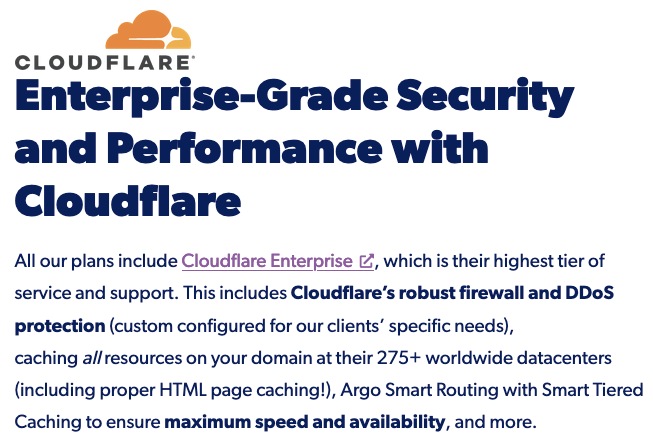Websites Used As Part of WordPress Hacking Campaign Running Behind Cloudflare
Last week, we looked at the unfixed vulnerability in a WordPress plugin being targeted by a hacking campaign. What was also captured by our firewall’s logging when exploit attempts were stopped was the malicious payload the attacker was attempting to load on to websites. The payload consisted of PHP code that would be placed in a new file with the .php extension on the website. The attacker could then request the URL for the file and the code in it would run. Something in the code stood out to us. The hacker is relying on two legitimate providers to support one element of the campaign. One is more notable than the other, as it is a security provider, Cloudflare. It isn’t the first time that has been true recently.
The Malicious Code
Here is the malicious code that was the payload of the exploit attempts, with some formatting done to make it more readable: [Read more]
